Total Access To Energy Solutions (TATES) is at the forefront of the campaign to deliver solar power to some of the most remote places on earth. To date they have impacted 15 million people, in the Americas, Asia and Africa, and are aiming for 25 million by 2025.
The backdrop to those extraordinary numbers is that 850 million people worldwide still have no access to electricity. With demand far outstripping supply, Total, one of the world’s leading energy companies sees an opportunity, “Our work is to bring a source of energy to those who don’t have access to the grid or whose network is unstable,” explains Yasmine Wattebled, VP Access to Energy, Gas, Renewables & Power, “We have a double bottom line. It’s a business designed to make an impact but also to be profitable, it has to make money, to last long term.”
Since 2010, Total has been developing a range of solutions, to meet the energy needs of people in developing countries while contributing to the fight against climate change. From solar lighting kits to microgrids, Access to Energy means looking for sustainable and affordable solutions to meet ever-evolving needs.
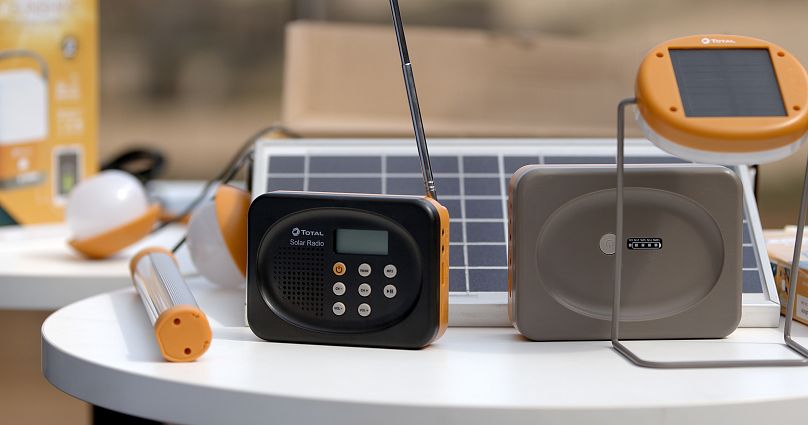
Once the sun sets, a simple solar-powered lamp, phone charger or radio can be life-changing in places where darkness means many activities have to grind to a halt.
A single lamp which costs as little as $8 USD, gives children extra time to do their homework or parents enough light to prepare a meal. In the wider community it can generate extra income, as business hours can be extended, more activities can be undertaken and the end result is often job creation.
There is another benefit, “Ending reliance on kerosene for lamps means CO2 emissions go down and the environmental impact is as important as the economic one,” says Wattebled.
Since the start of the TATES program, over 3.5 million solar lamps and kits have been distributed in nearly 40 countries. In an impact study in 2017, 89% of users said that their solar lamp had significantly improved their living standards.
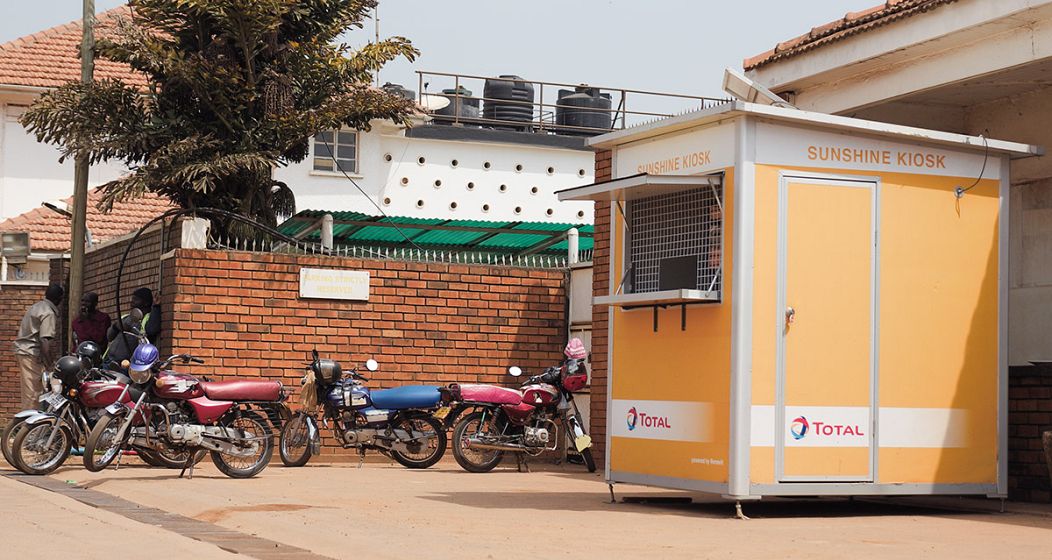
SUNSHINE SOLUTIONS
Uptake has been impressive. Part of this is down to the range of solar lamps being so easily available at Total gas stations in larger towns and cities.
In very rural areas growth was organic, “We didn’t do a lot of publicity as such, but we did closely support the marketing drive, so each country marketed in their own way,” Wattebled explains, “A lot of it was by word-of-mouth, as you’d expect in such remote places.”
Total works with more than 50 institutional, nonprofit, financial and industrial partners to maximize distribution and impact.
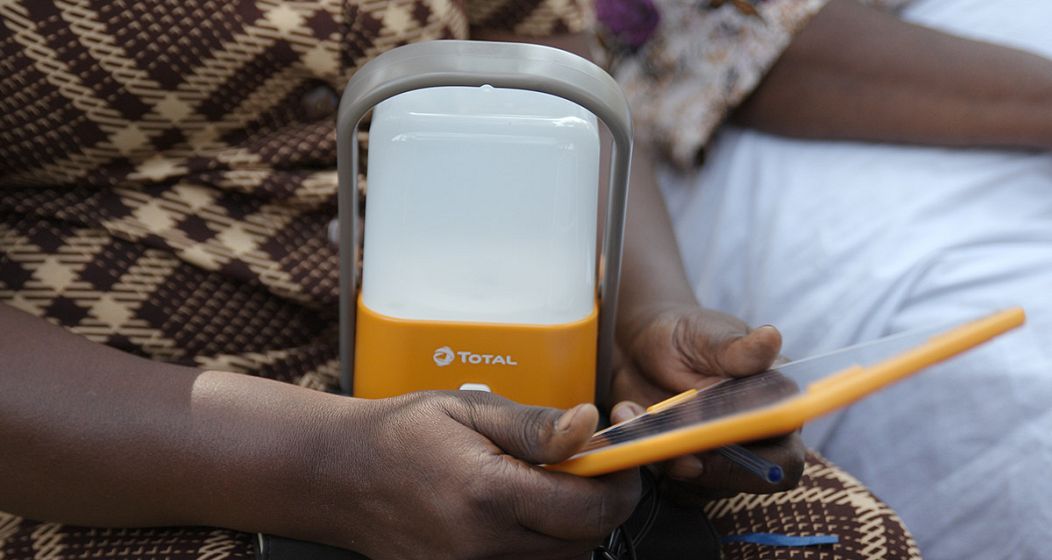
Offerings range from ‘Little Sunshine’; a single lamp, giving up to eight hours of light and three times the brightness of a kerosene equivalent, priced at between $5 and $15 USD, to ‘Home Sunshine’ an entire Solar Home System, including lights and a torch, plus phone charger and radio, giving up to 15.5 hours of light and ten hours of sound, which could cost as much as $100 USD. A big outlay, but local pay-as-you-go solutions have worked well so far, especially in Africa where TATES does about 90% of its business.
There are larger-scale solutions, bigger Solar Home Systems or ‘Sunshine’ kiosks available for entrepreneurs wishing to set up or develop an independent business. Members of the local community can come and charge phones, use a refrigerator, a printer or internet services. “In Madagascar, a company developed solar PV kiosks which charge lamps all day, they’re then rented to customers for around 10 cents (USD) for the night,” says Wattebled, “We see all sorts of business models.”
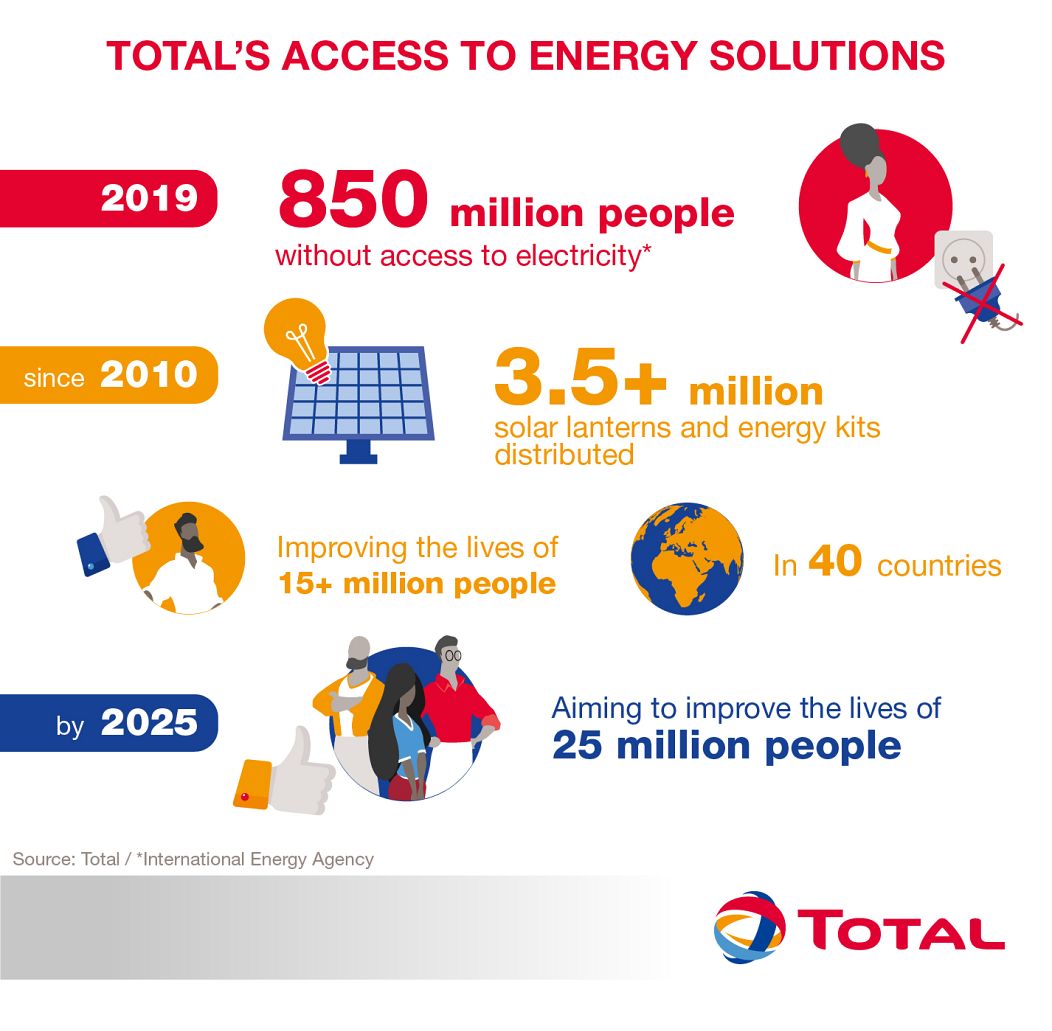
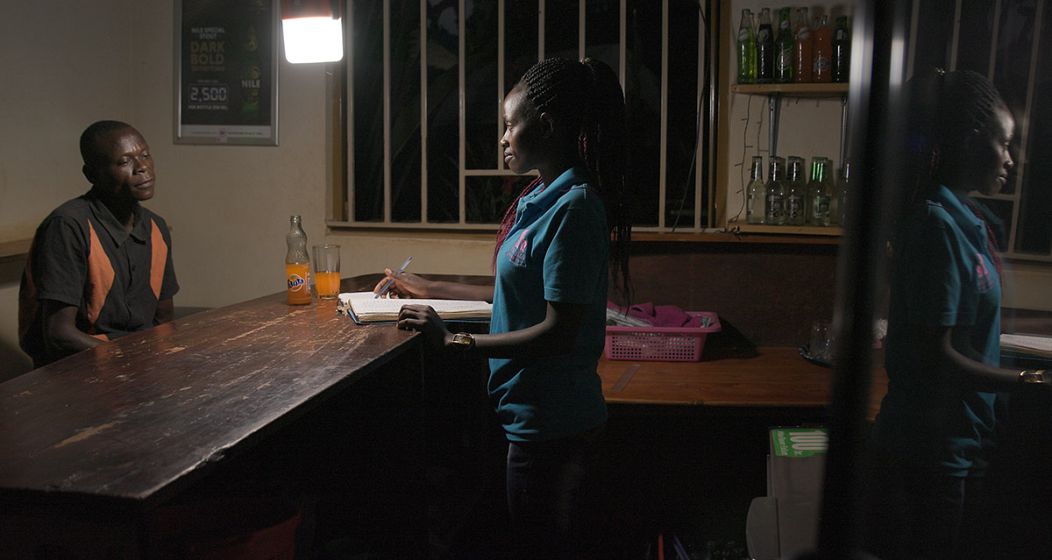
A FLOURISHING MARKET IN UGANDA
“Villages are dark. Buying a solar pack is a one-off payment, but often the cost will be less over the year than the cost of paraffin. Here in Africa, we are blessed with the sun. It’s always there. So it’s a win-win,” smiles Godwin Ssesazi, Director of Operations for Amigos Farm, an NGO based in Uganda. He has already bought 200 solar lamps for his project and is planning on doubling that investment.
Uganda’s market for pay-as-you-go energy is thriving, “We started working here in 2012 and we’ve sold nearly 150,000 lamps impacting 600,000 people. One lamp benefits 4-5 people on average, whether that’s in a home or a work environment,” explains Wattebled.
“Candles are very, very dangerous. We’ve had several deaths in our country caused by fires. This lamp is very good, it cannot burn the house,” says Christine Ndyandera indicating her ‘Little Sunshine’ model.
Milly Mukasa, runs her own business from home, “I start very early in the morning, because I don’t wait for the sunshine to come out. So I use this lamp to do the baking. By seven in the morning, my products are already on the market.”
Total subsidiary, Winch Energy, is installing and operating three minigrids on Bunjako Island in Lake Victoria. Setting up four remote power units, allowing 13,500 people in six villages to benefit from clean and sustainable solar energy.
It is a similar picture in almost 30 countries across the continent with Cameroon, Nigeria, Kenya and Burkina Faso some of the biggest consumers of TATES’ offerings.
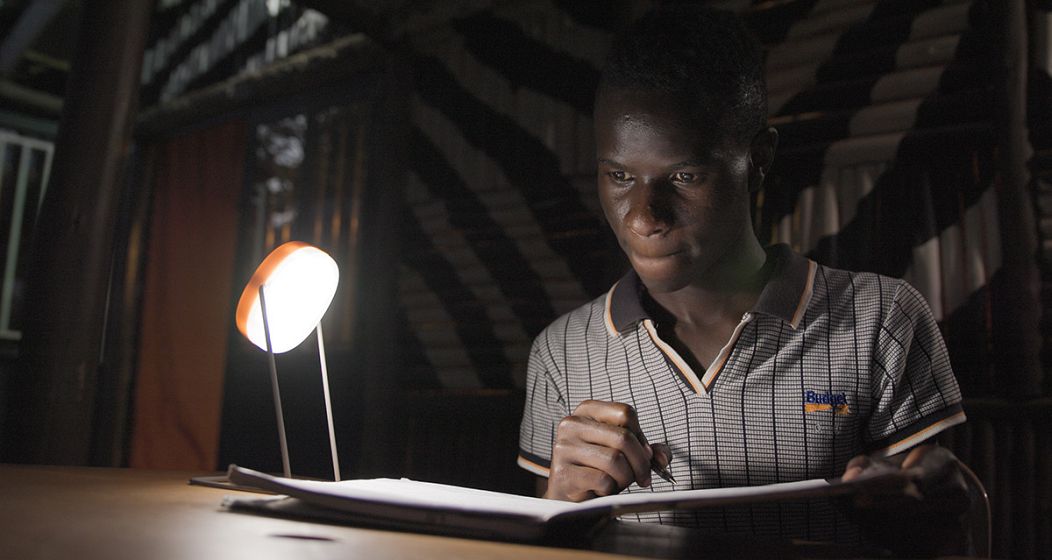
FACING CHALLENGES AND TRYING NEW MARKETS
New products and services are identified and tested via the TATES incubation program which has overseen among others;
– Solergie, a company installing and operating more than 450 nanogrids in Togo and Benin, each allowing up to eight residents at a time to connect to a small sustainable power nanogrid.
– A project run by ASOBO, on the Kenyan shores of Lake Victoria, offering electric motor rental, system maintenance and daily charging of batteries on a pay-as-you-go basis to fishermen. 40,000 fishermen working there on the lake are emitting 350,000 tons of CO2 per year, often endangering their own health and polluting the ecosystems.
– UK-based start-up Aceleron converting TATES waste lithium-ion battery cells into repairable, upgradable and affordable long-cycle reusable battery packs.
There are still hurdles to becoming the world’s responsible energy major, in spite of big gains.
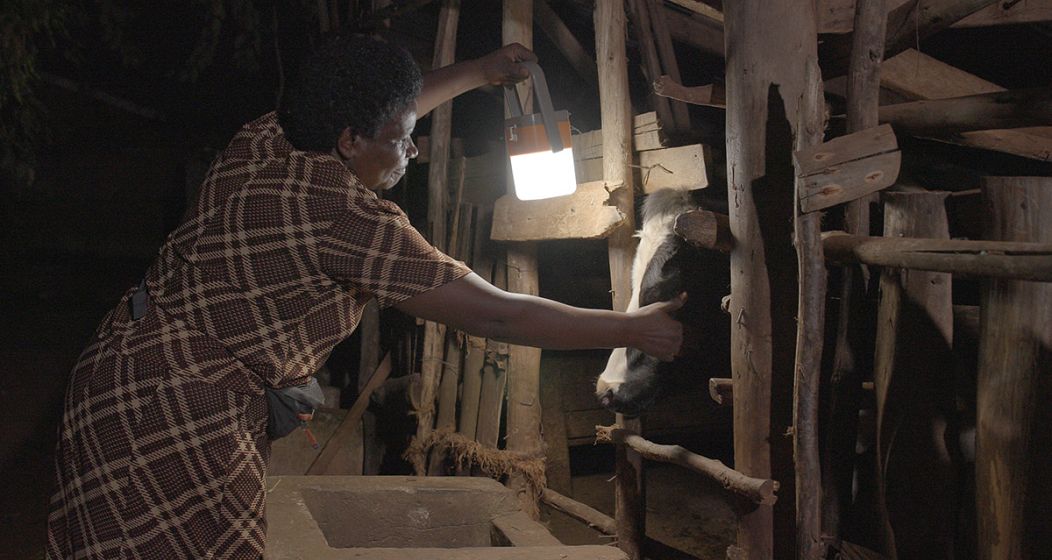
“There are a lot of uncertified products on the market and we sometimes see people losing confidence in solar products,” says Wattebled, “Right now, we are testing ways to collect and repair the lamps which may need maintenance – that’s a huge challenge we’re working on. It would really make a big difference in terms of sustainability.”
When Total Access To Energy Solutions first started the market was not that crowded, but that is changing fast. With different offerings across production, distribution and financing of products which perform well while limiting environmental damage.
It is a challenge the group welcomes, “As the market matures, it becomes more and more segmented with a much larger variety of actors, all driven to compete. TATES’ strategy relies on partnerships: we can’t do everything ourselves and we need partners on the ground,” Wattebled points out, “This is particularly true on the pay-as-you-go segment for which the value chains are long and complex. Segmentation of the market will drive more potential partners which will fuel our business model!”